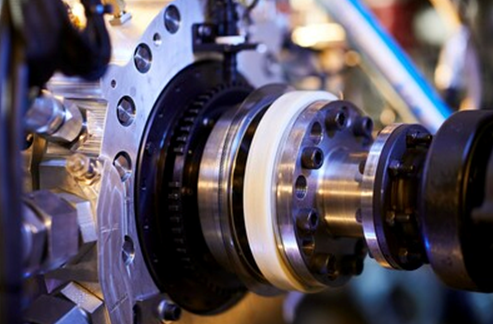RTX (previously known as Raytheon Technologies, which now incorporates Collins Aerospace, Pratt & Whitney and Raytheon) has announced significant progress by Pratt & Whitney and Collins Aerospace on advancing hybrid-electric propulsion through the Scalable Turboelectric Powertrain Technology (STEP-Tech) demonstrator.
STEP-Tech is intended for rapid prototyping of distributed propulsion concepts, applicable to a wide range of next generation applications, such as advanced air mobility vehicles, high-speed eVTOL and blended wing body aircraft.
The first successful test was conducted at the Raytheon Technologies Research Centre in Connecticut. The test included the first run of STEP-Tech's turbogenerator loaded at partial power. This was followed by an electrical system test, where the battery and supercapacitor energy storage systems were integrated with the high voltage distribution system. Next, STEP-Tech will begin testing a full-power turbogenerator, as well as validating the electric fans through the high voltage electrical system.

Supported by the governments of Canada and Quebec, RTX is advancing hybrid-electric propulsion as part of its hybrid-electric flight programme. It is also advancing the Sustainable Water-Injecting Turbofan Comprising Hybrid-Electrics (SWITCH) consortium, with the support of the European Union’s Clean Aviation Joint Undertaking.
These demonstrations are part of a wider company strategy to develop a portfolio of sustainable technologies for aviation. "Hybrid-electric propulsion is a key part of RTX's roadmap for enabling more sustainable aviation, with the potential to enhance efficiency across many future aircraft applications, from advanced air mobility to regional aircraft and single-aisles," said Mark Russell, chief technology officer at RTX. The strategy sees the importance of continually advancing aircraft efficiency and enabling wider use of Sustainable Aviation Fuels to support the industry goal of achieving net-zero CO2 emissions for civil aviation, by 2050.
